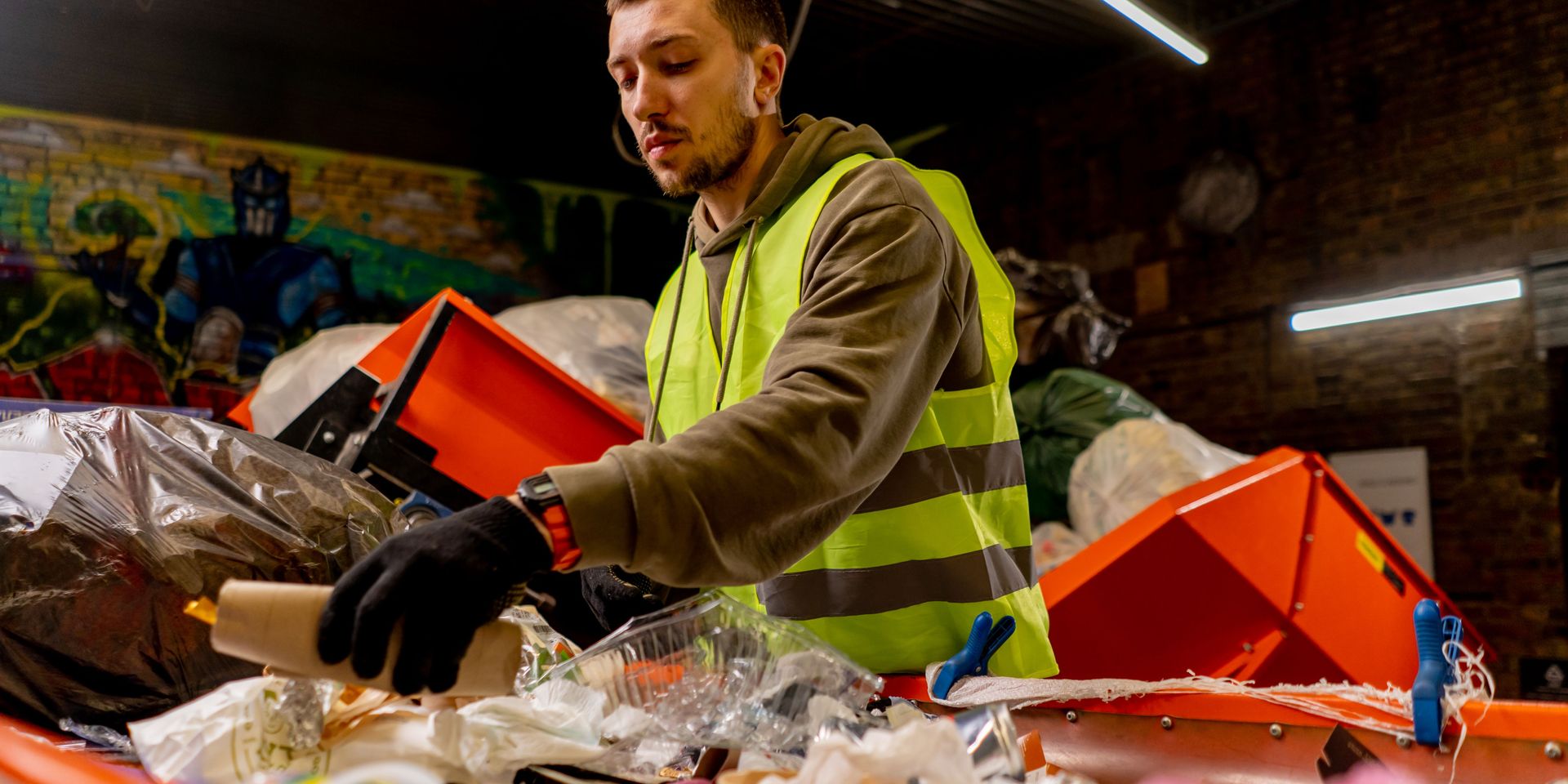No specific diploma is required to start as a sorter, but a vocational certificate (CAP) or diploma (BEP) in a field related to the environment, logistics, or waste management can be beneficial. On-the-job training is common and is complemented by specific instructions for the type of materials handled.
Temporary work as a sorter
Temporary work as a sorter offers a wide range of experiences, allowing work in different environments and with various types of products or materials. This flexibility is ideal for acquiring new skills and adapting to different work processes. For companies, temporary staffing is an effective solution to adjust their workforce to activity volumes, ensuring optimal resource management and efficient material processing.
Salary
A beginner sorter typically earns around the minimum wage. With experience and additional responsibilities, the salary can range from €1,500 to €2,000 gross per month.
Working Conditions
Environment: Work in a warehouse or factory, often noisy and dusty, with temperature variations.
Hours: Shift work including nights, weekends, or holidays, depending on activity.
Posture: Repetitive tasks requiring good physical condition and high concentration.
Career Prospects
With experience, a sorter can progress to supervisory roles or become a team leader, managing sorting operations and coordinating the work of other sorters. Additional training in waste management, recycling, or logistics can facilitate this career advancement.



